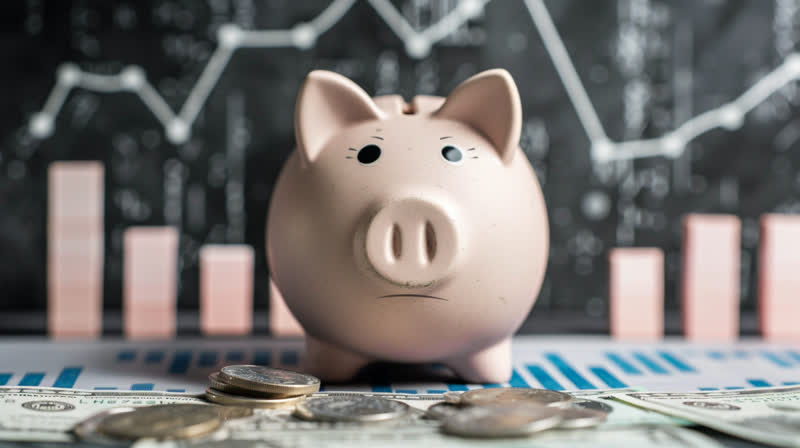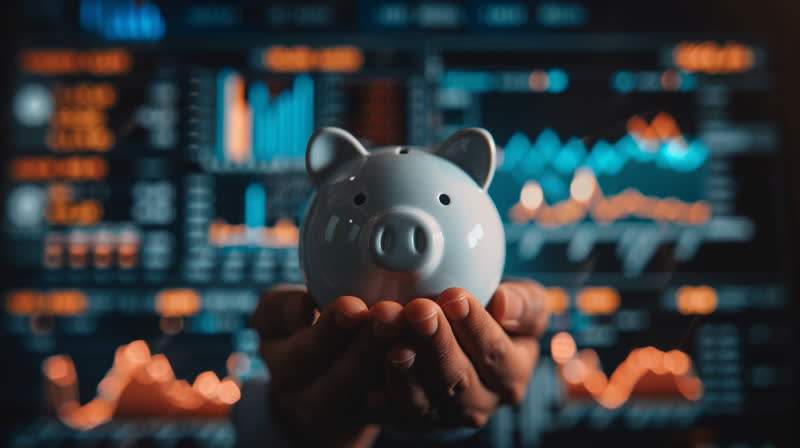Inflation, the silent thief, quietly erodes the purchasing power of our hard-earned savings over time. As the general price level of goods and services increases, the value of money decreases, making it challenging to maintain the same standard of living. In this article, we will delve into the impact of inflation on savings and explore strategies to mitigate its effects.
How Inflation Affects Savings
Inflation reduces the purchasing power of money, which means that the same amount of money can buy fewer goods and services than it could in the past. This decline in purchasing power directly affects the value of savings, making it essential to understand how inflation works and its implications on our financial well-being.
The Consequences of Inflation on Savings
- Reduced Purchasing Power: As prices rise, the same amount of money can buy fewer goods and services, reducing the value of savings.
- Lower Interest Rates: Inflation can lead to lower interest rates, making savings accounts less attractive and reducing the incentive to save.
- Uncertainty and Volatility: Inflation can create uncertainty and volatility in the economy, making it challenging to predict the future value of savings.
- Invest Wisely: Invest in assets that historically perform well during periods of inflation, such as precious metals, real estate, or index funds.
- Diversify Your Portfolio: Spread your savings across different asset classes to minimize the impact of inflation on any one investment.
- Consider Inflation-Indexed Instruments: Invest in instruments like Treasury Inflation-Protected Securities (TIPS) or inflation-indexed savings accounts that offer returns adjusted for inflation.
In conclusion, inflation can have a significant impact on savings, but by understanding its effects and implementing strategies to mitigate them, individuals can protect their financial well-being and maintain their purchasing power over time.







